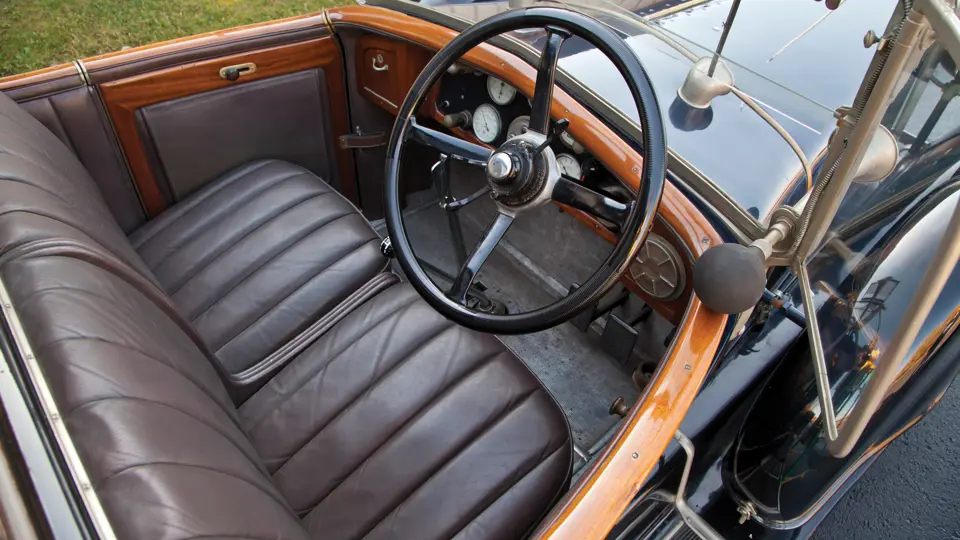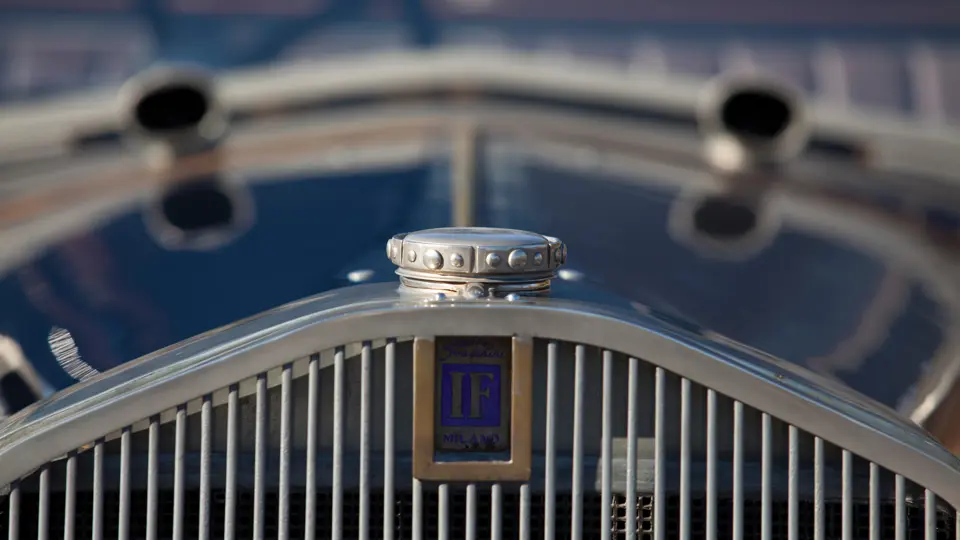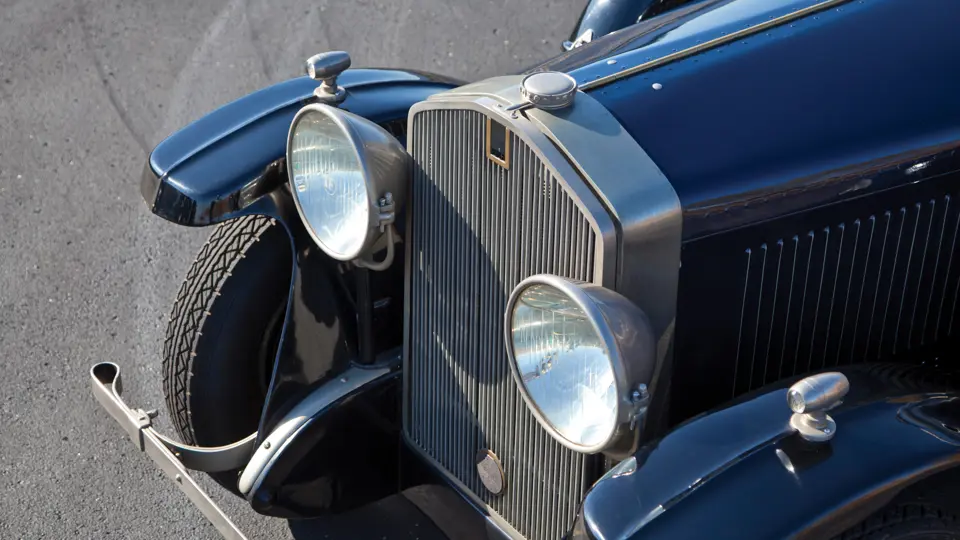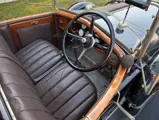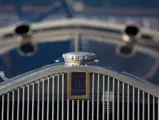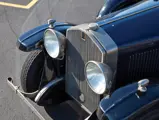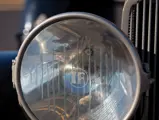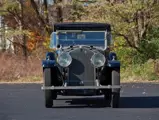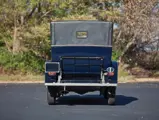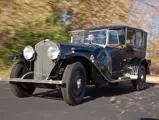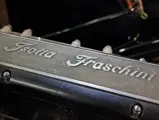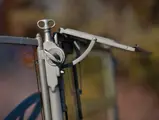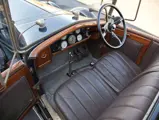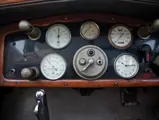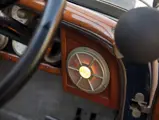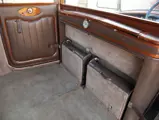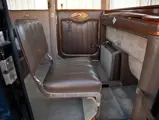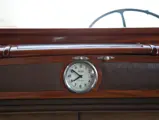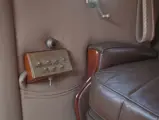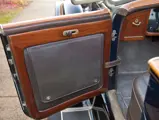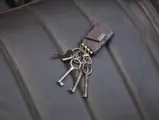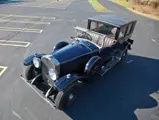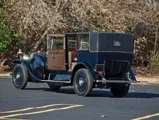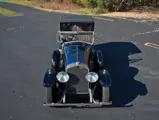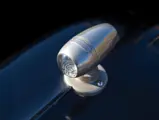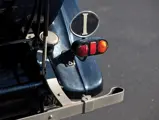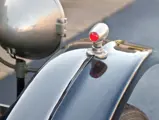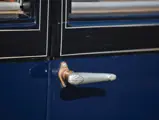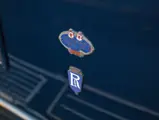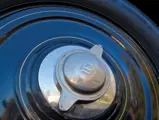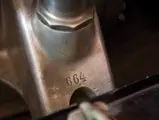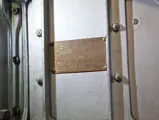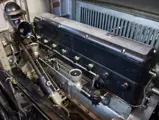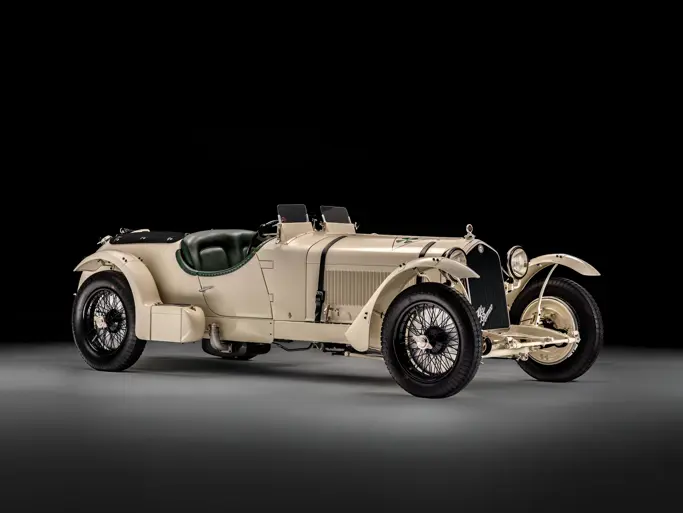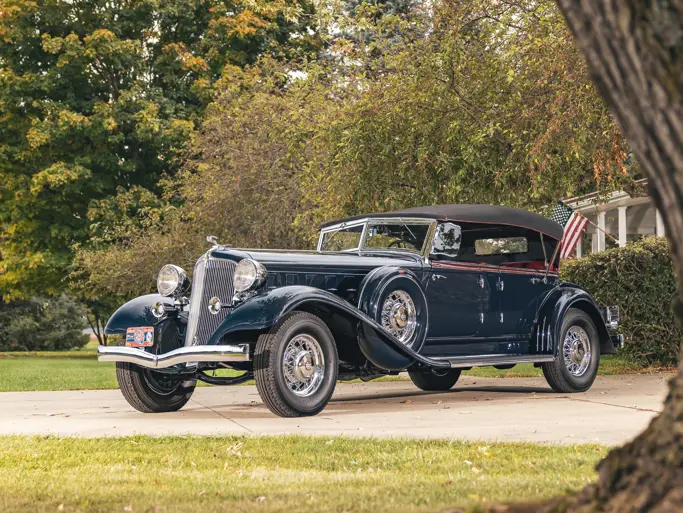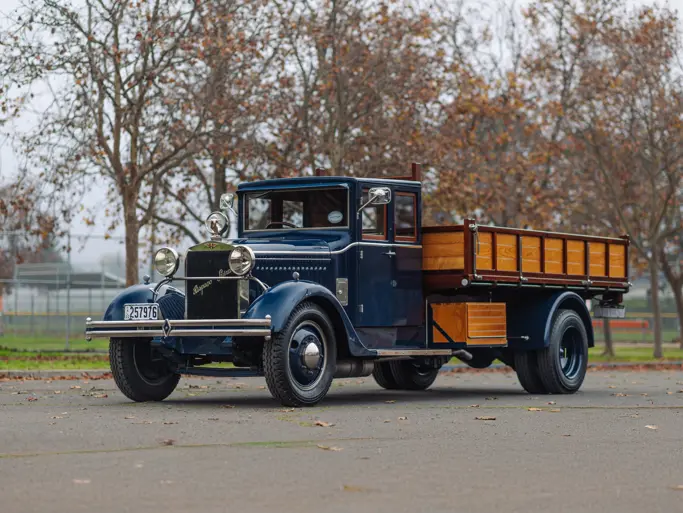
1924 Isotta Fraschini Tipo 8A Landaulet by Sala & Riva
{{lr.item.text}}
$434,500 USD | Sold
{{bidding.lot.reserveStatusFormatted}}
- An exceptional original and unrestored Isotta Fraschini
- Retained by Isotta Fraschini for over 90 years and never officially “sold”
- Incredibly preserved and largely untouched
- The earliest known Tipo 8A; likely the first example built
- Perhaps the only opportunity to become the first owner of a Full Classic
110 bhp, 7,370 cc OHV inline eight-cylinder engine, three-speed manual transmission, solid front axle and live rear axle with semi-elliptical leaf springs, and four-wheel power-assisted mechanical drum brakes. Wheelbase: 146 in.
According to the Societa Isotta Fraschini, the car offered here, chassis number 655, is the earliest known example of the company’s most famous and prestigious model, the Tipo 8A, and may well have been the first built. It was bodied by Cesare Sala of Milan, one of Italy’s premiere coachbuilders and one with a very close relationship to Isotta Fraschini, as Oreste Fraschini, a member of the founding family, occupied a seat on Sala’s board. Subsequently, around 1926, solid side-mount covers and special interior woodwork were fitted by Carrozzeria Riva, whose secondary coach tag is found directly under Sala’s on the body. This is believed to have been the only Isotta Fraschini that had two different Classic Era coachbuilders involved in its construction.
According to Isotta historian Angelo Tito Anselmi, in his famous book on the marque, the car was recorded as being sold to Filippo Bolzari of Milan, but there is no evidence that the vehicle was ever actually delivered to him, as no viable records survive noting the delivery. The current owner was informed that the car had been produced in 1924 as a demonstration chassis for the factory. As these cars were frequently driven by chauffeurs, Isotta Fraschini held training sessions for future drivers and used this particular chassis as the sample and training vehicle. Isotta Fraschini afterward put the nearly new automobile into storage at a warehouse, offsite of the factory, thus saving it from destruction when the Works was obliterated during World War II.
In 1993, the Isotta Fraschini name was revived by a partnership between Audi and coachbuilders Fissore. They eventually sold the name to Finmeccanica, an Italian defense, aerospace, and security company, and in the course of that deal, chassis 655 was discovered, still in the warehouse, which had remained in company ownership and largely forgotten. The current owner purchased the car directly from Finmeccanica and had it imported to the United States, for the first time in its life, in July 2016, 92 years after it was built.
The car has been cleaned and mechanically serviced, but it remains otherwise almost entirely original. Its finishes—inside, outside, and underneath—are all remarkably preserved, and scarcely even patinaed! Remarkable as it seems, the paint is original from 1924, as is, it is believed, the interior; there is, for instance, original Italian writing on the back of the carpeting. There is some evidence that the wiring was repaired in its Finmeccanica ownership, in addition to other cosmetic and mechanical maintenance, such as taillights modified to meet modern Italian laws. Nonetheless, the car is still, for all intents and purposes, “new”—the only Isotta Fraschini that has remained that way since the Classic Era.
This treasure is accompanied by a large collection of documentation, including that from the Societa Isotta Fraschini, and, most importantly, both the Bill of Sale between Isotta Fraschini and Finmeccanica, and the Bill of Sale to the current owner. The latter documents are the only sales receipts from this car’s entire history; thus, the buyer at this sale will become the last person to become the first official owner of a “new” Isotta Fraschini—one that the factory liked well enough to never sell it.
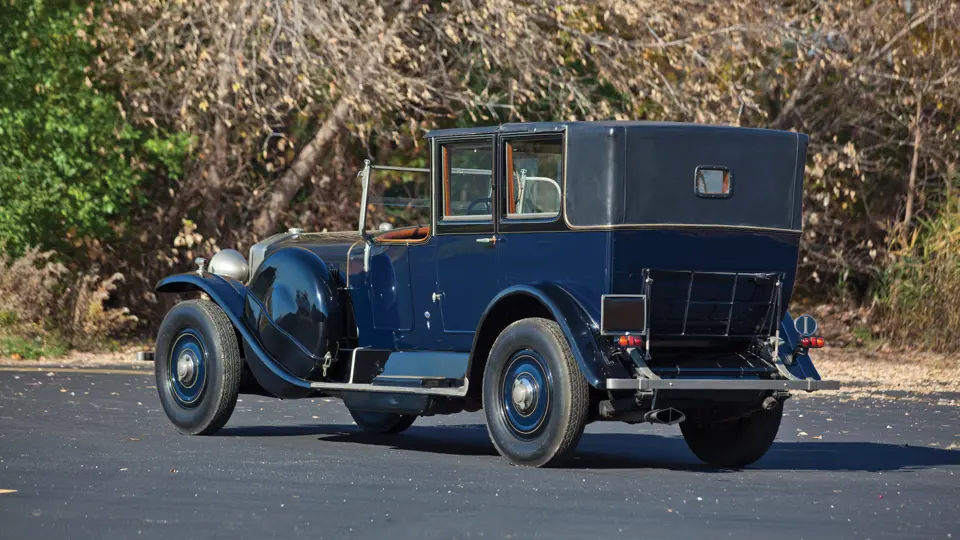

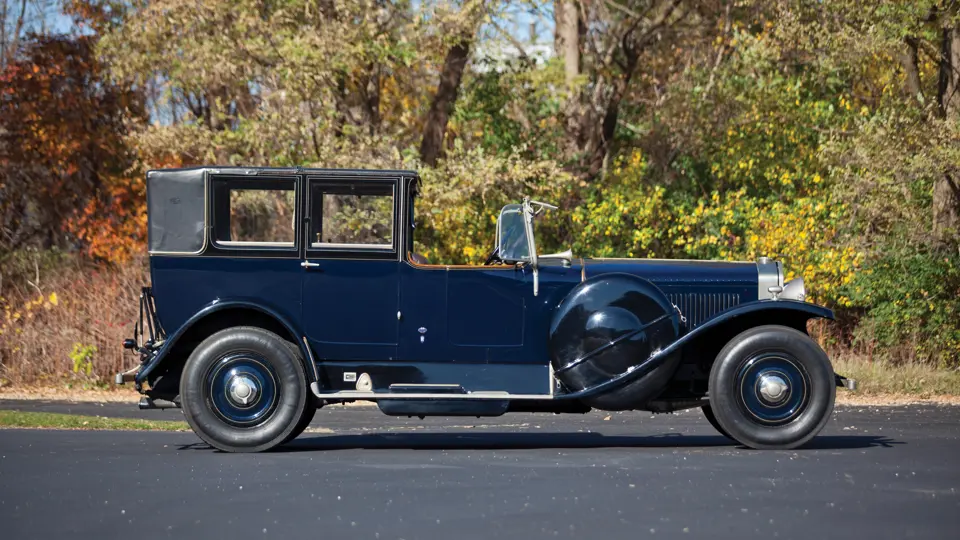

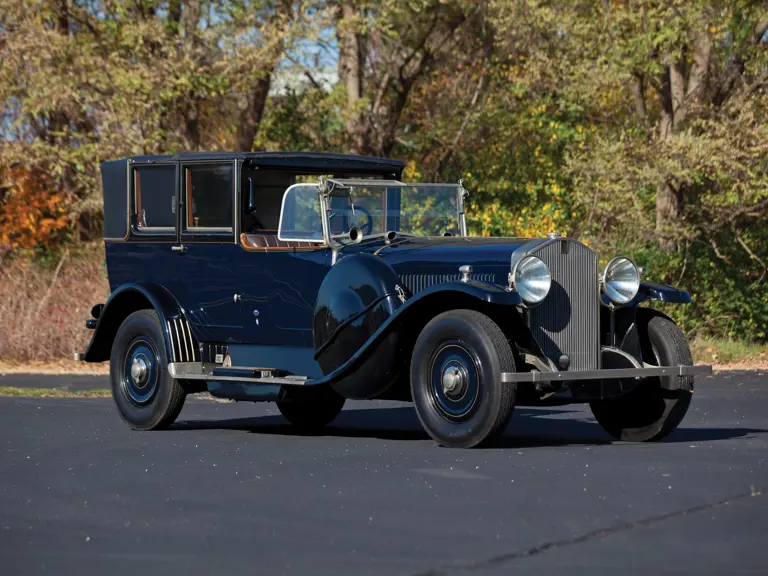
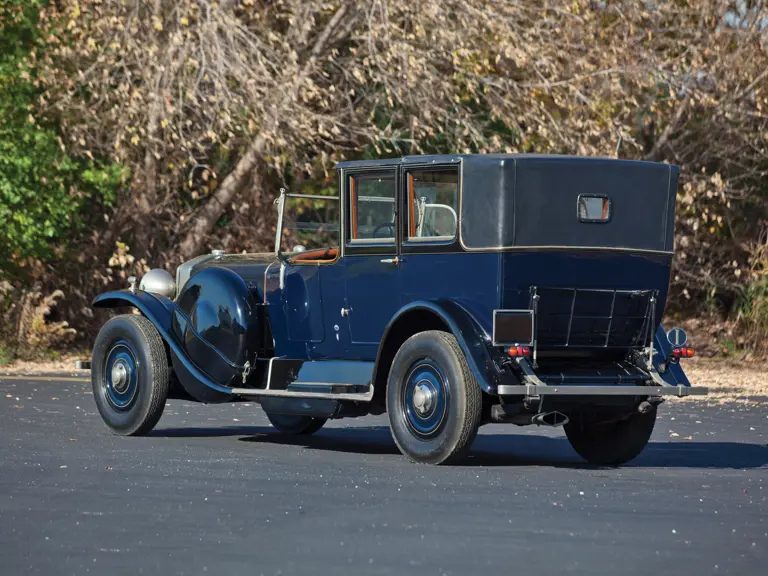
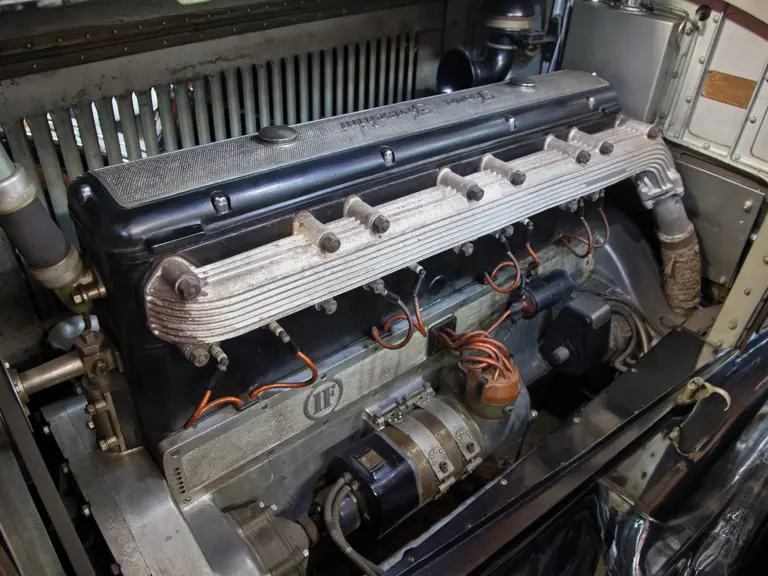
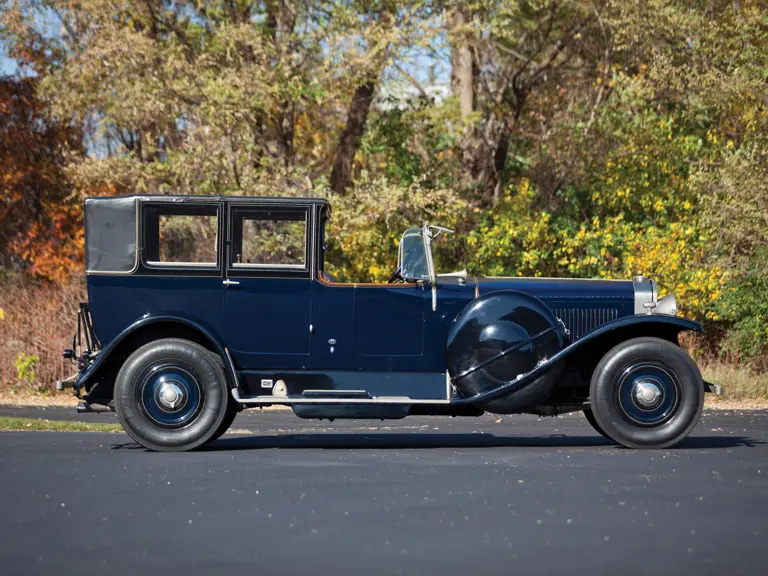
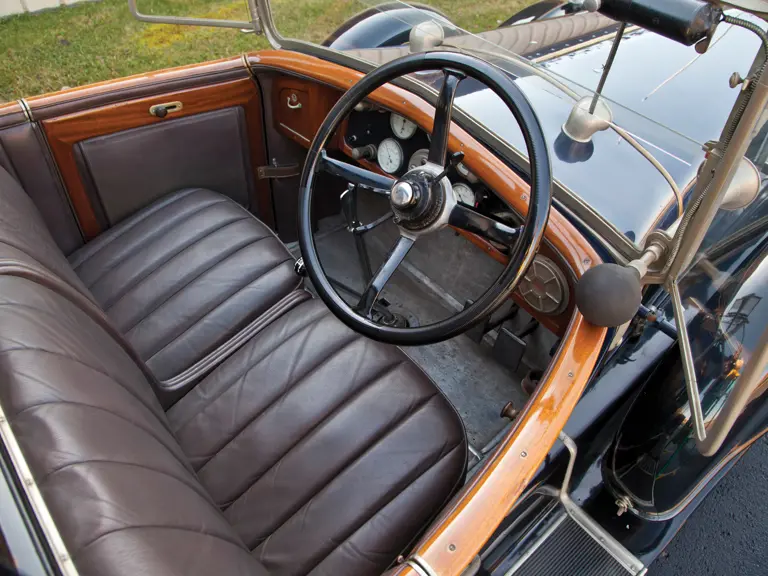
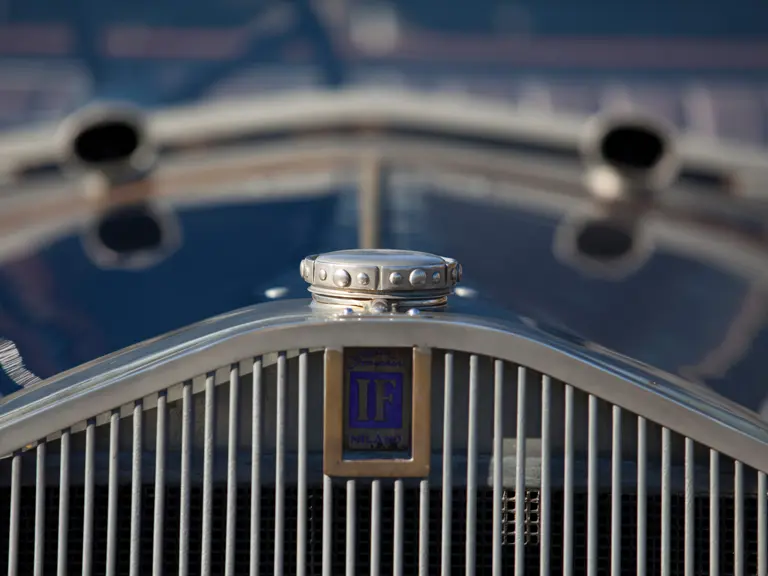
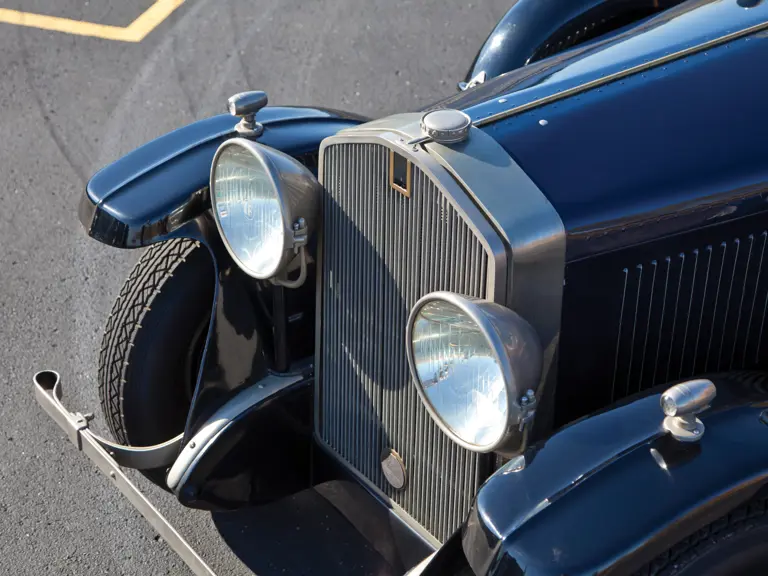
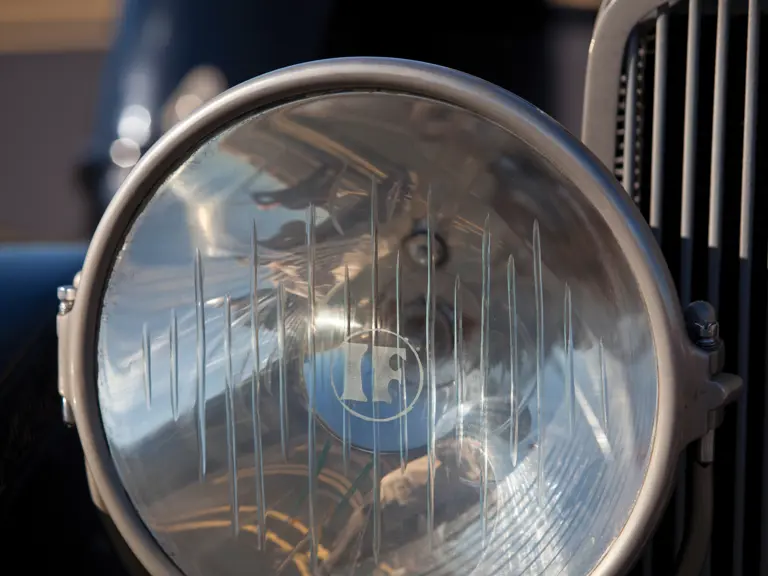
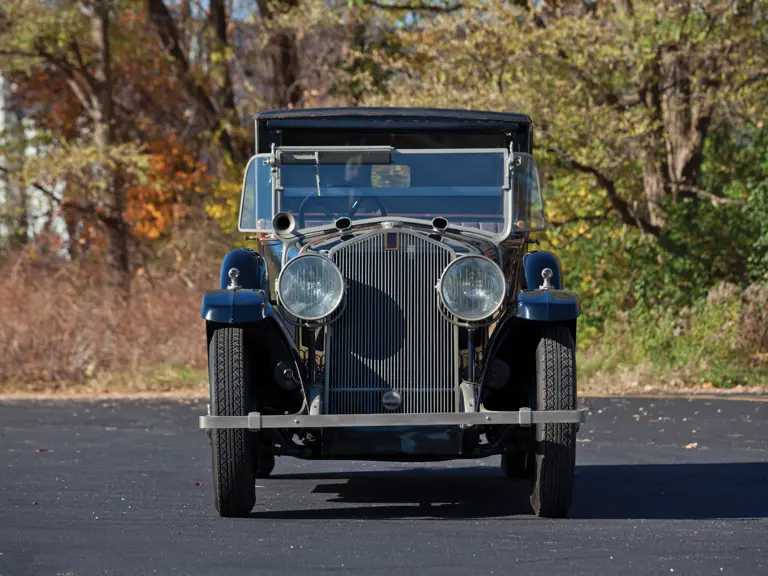
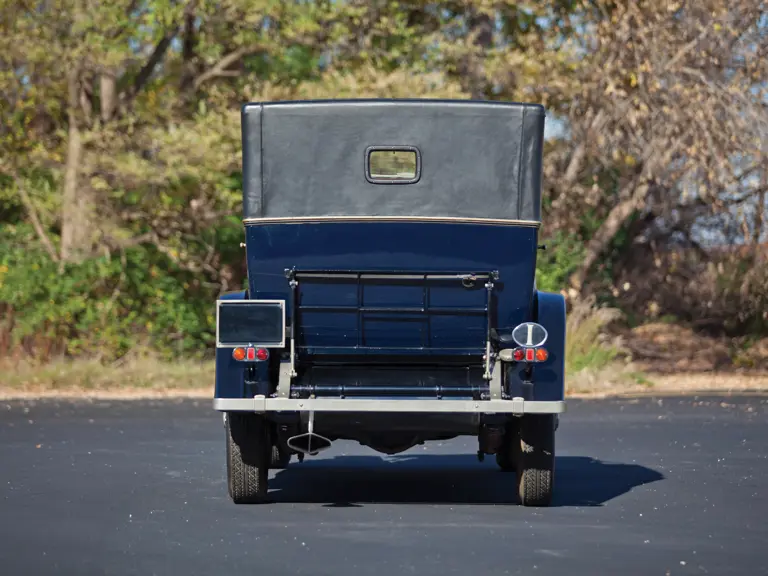
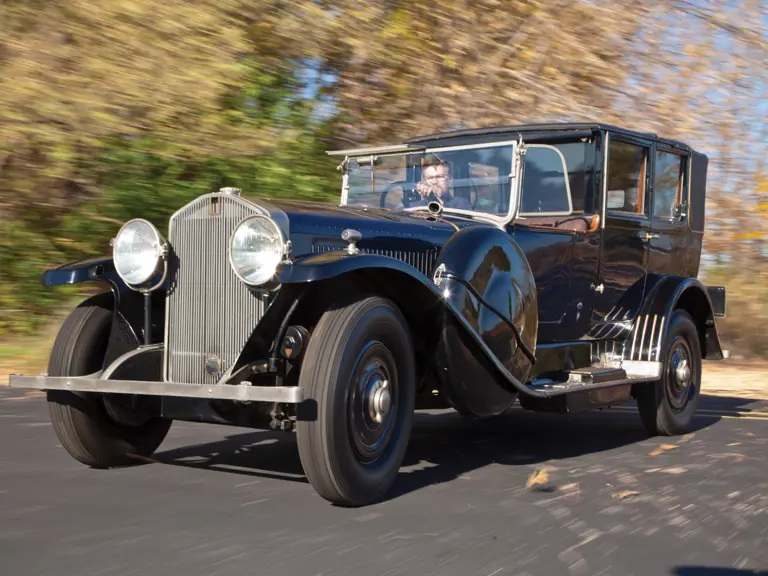
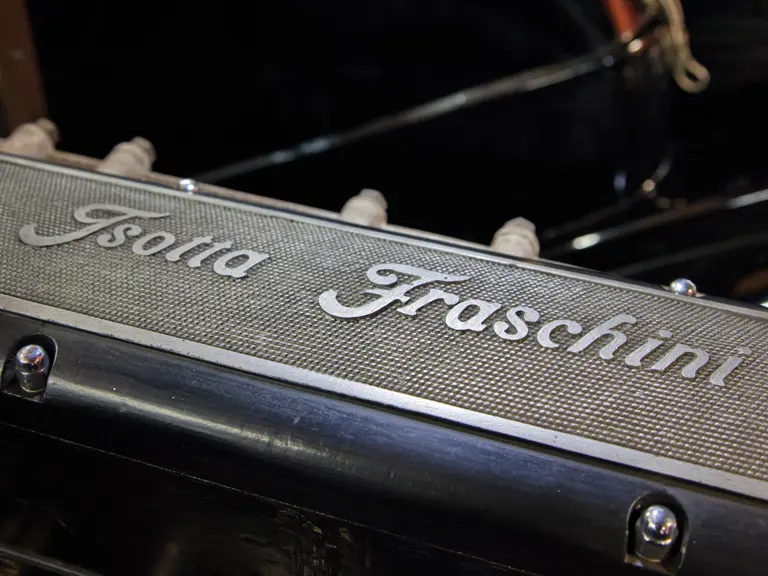
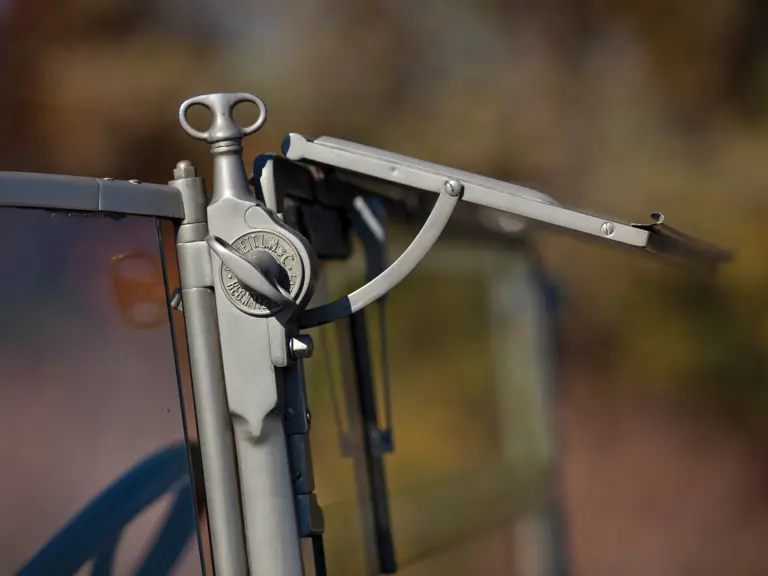
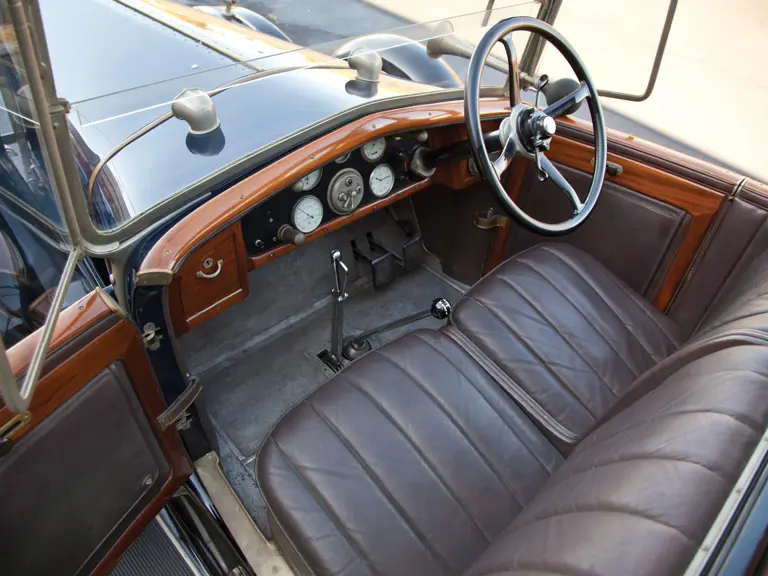
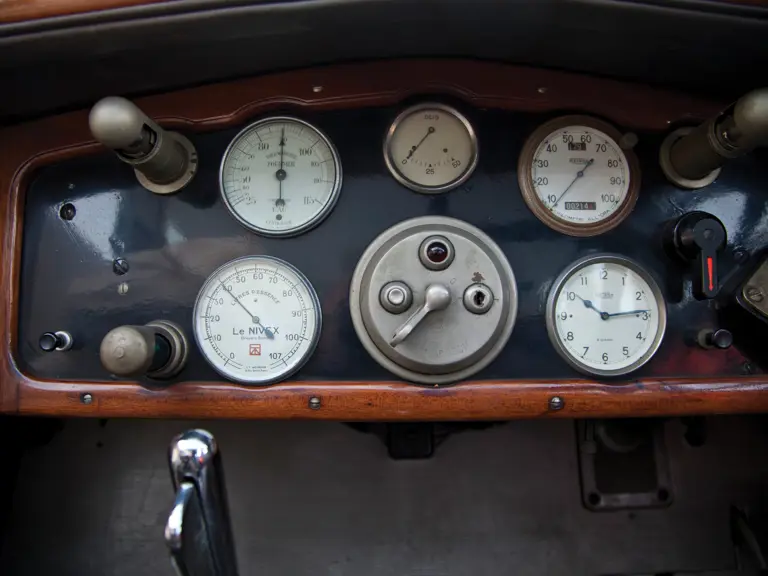
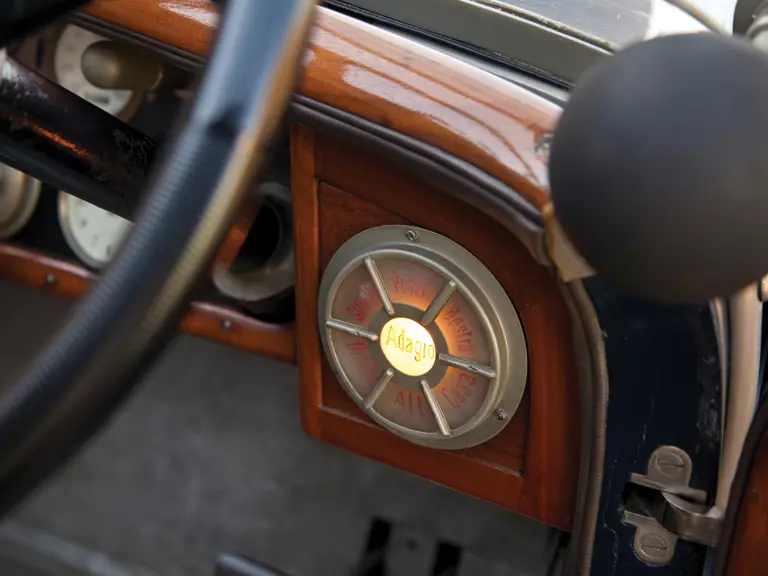
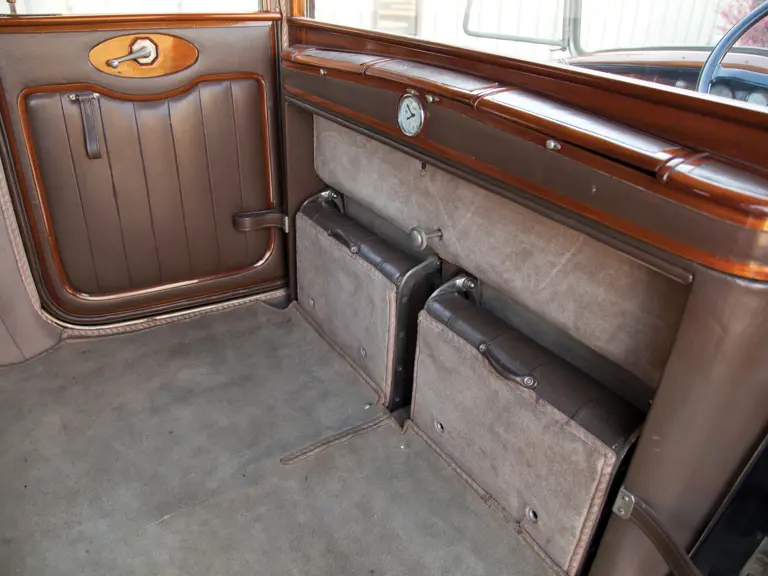
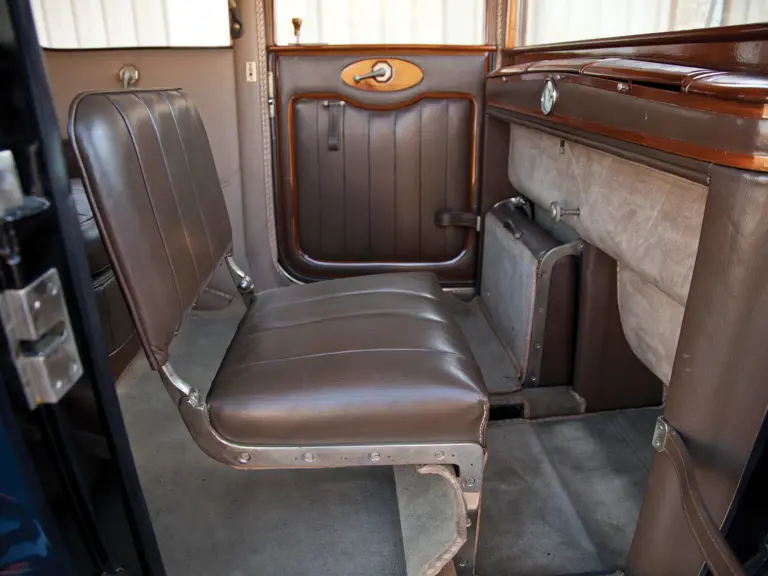
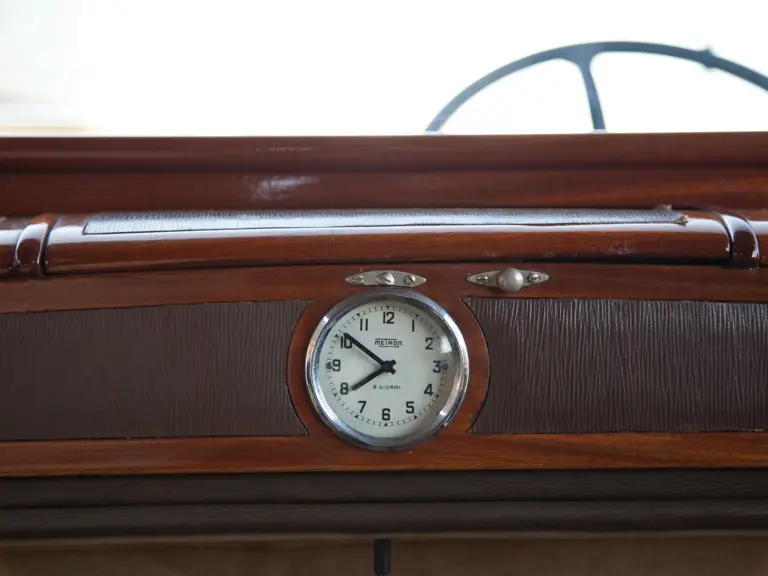
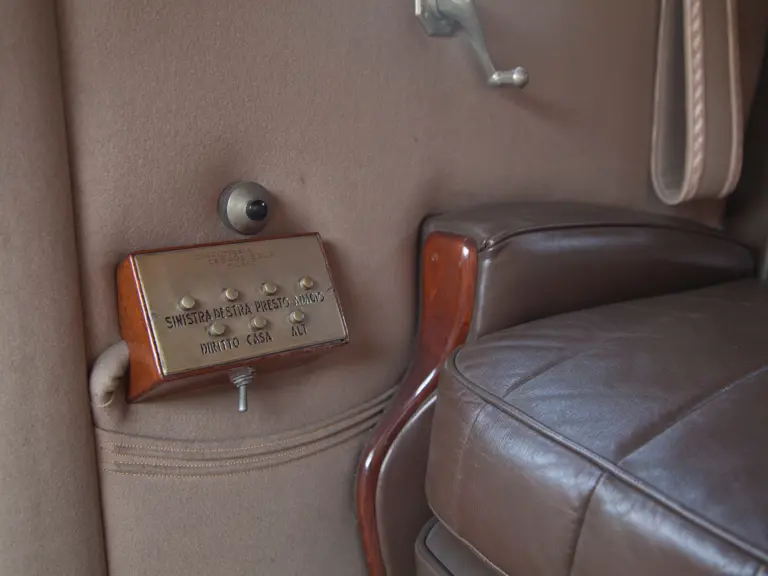
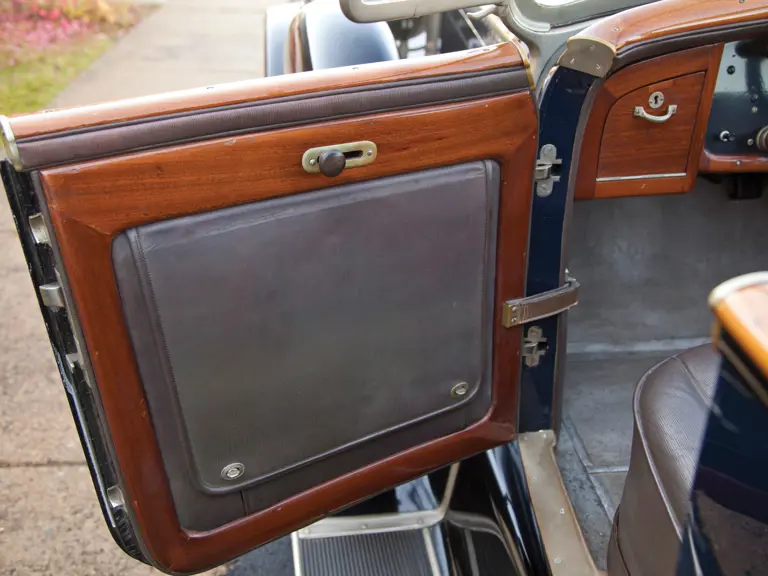
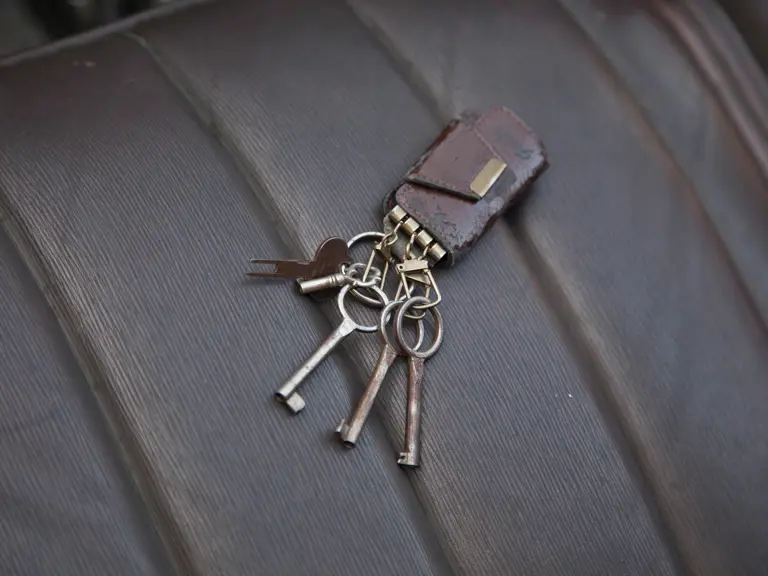
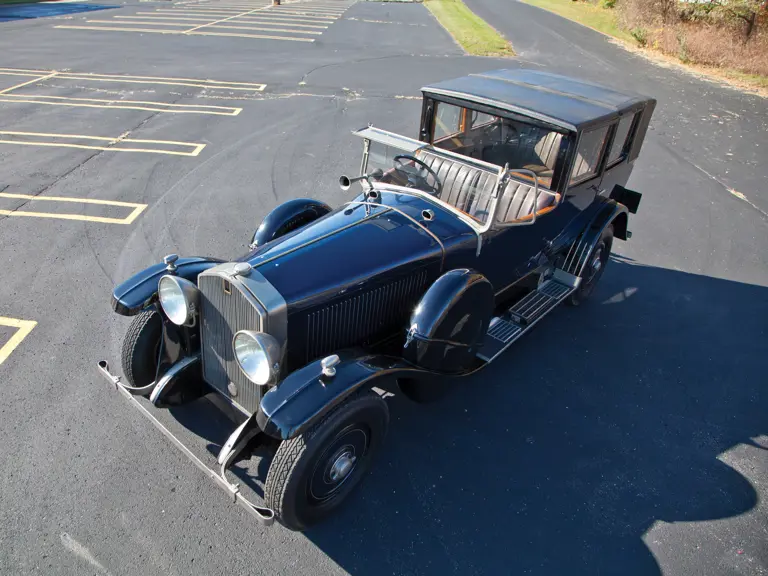
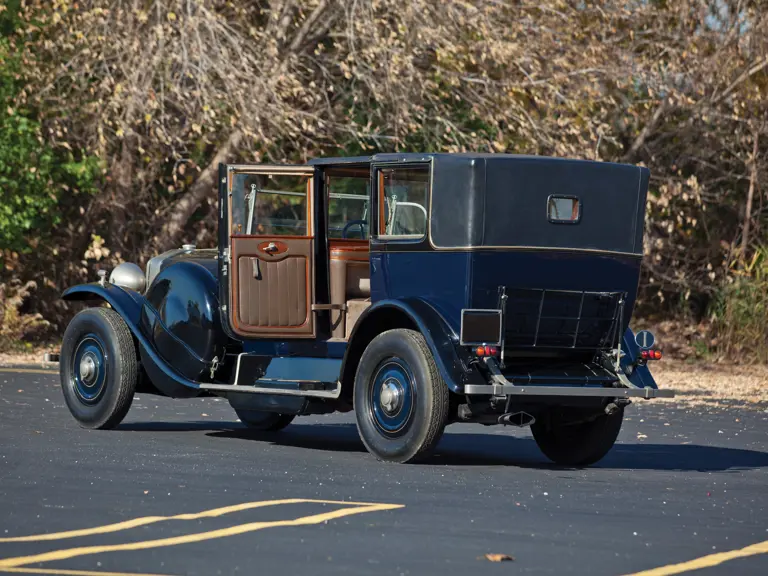
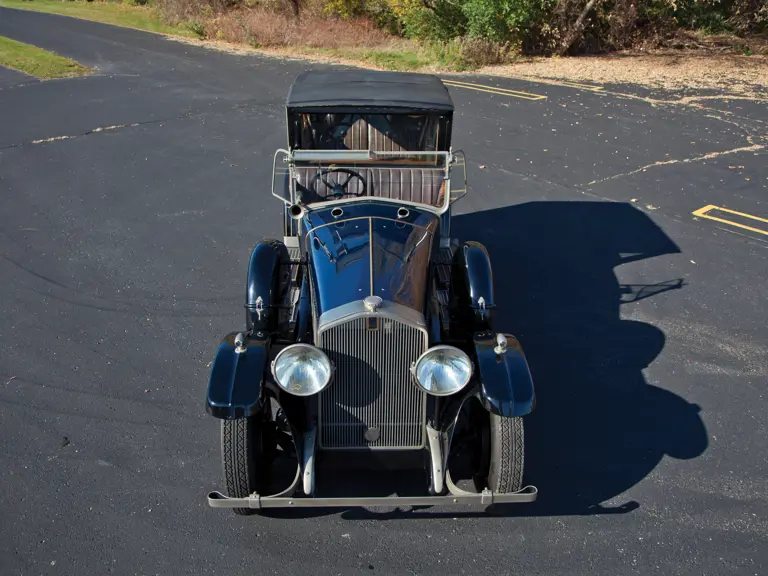
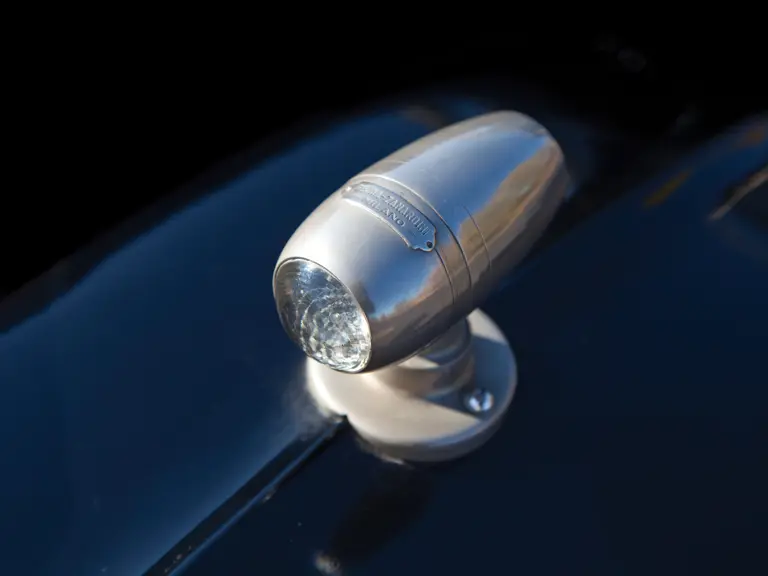
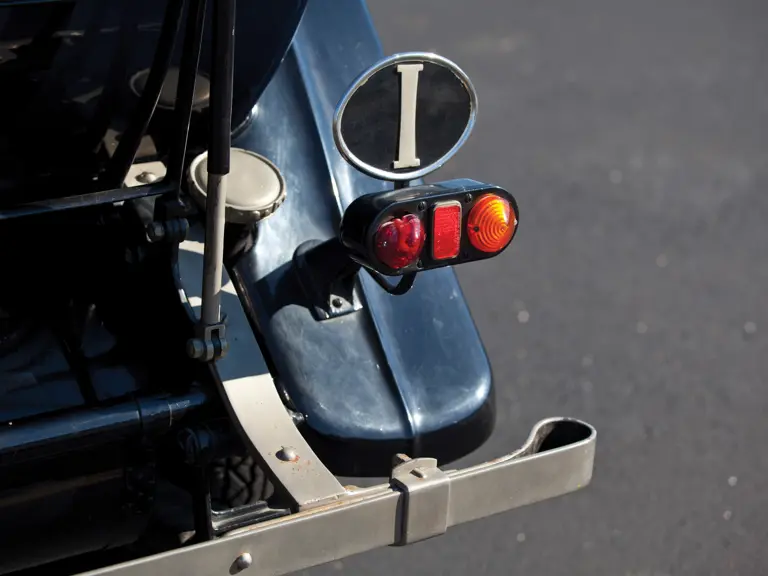
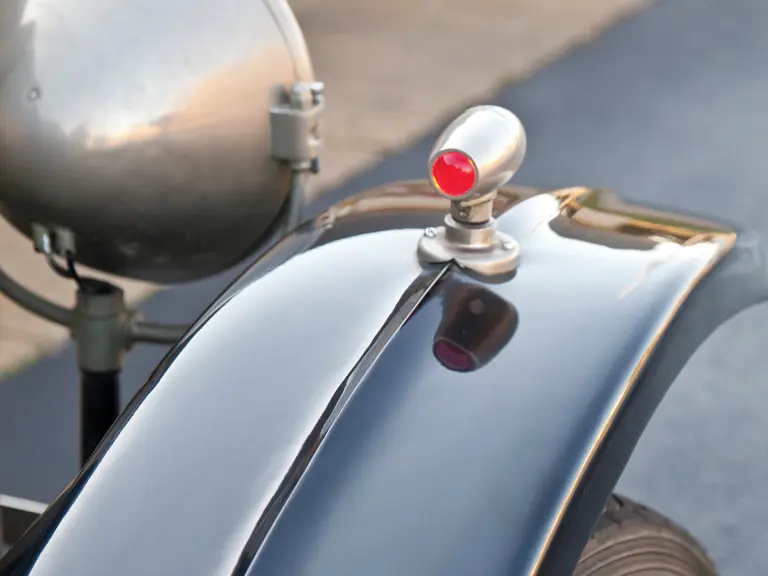
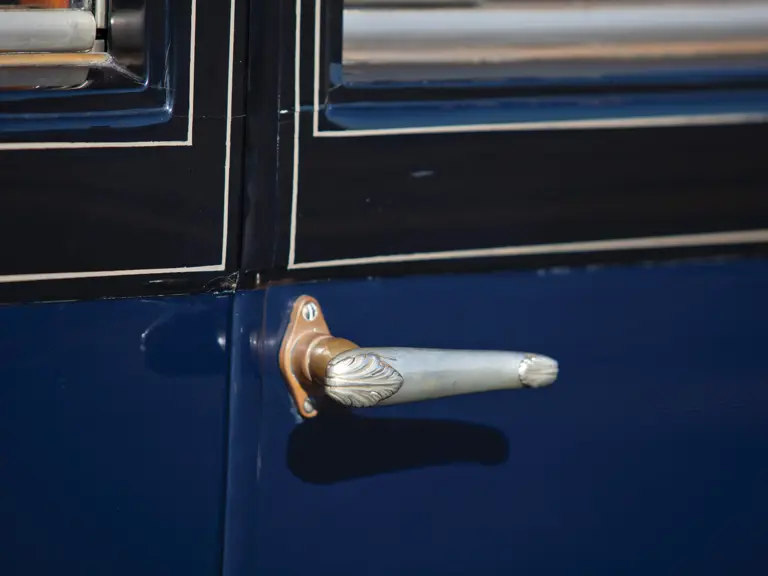
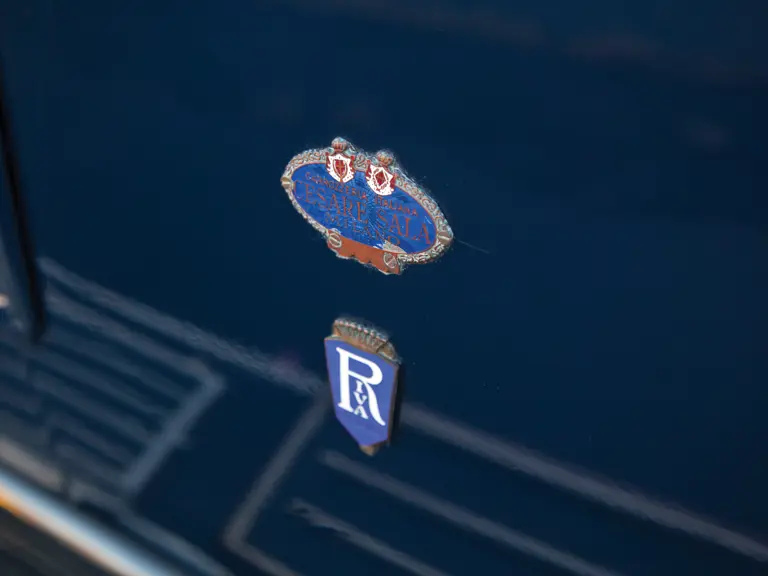
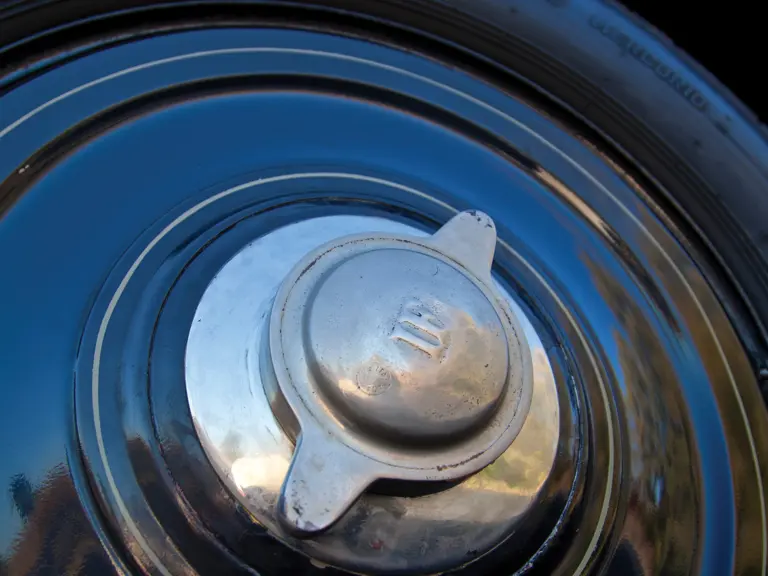
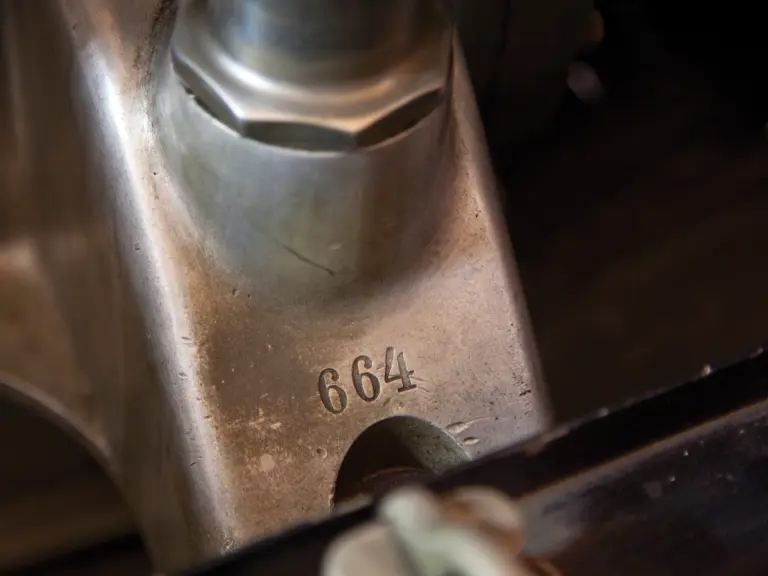
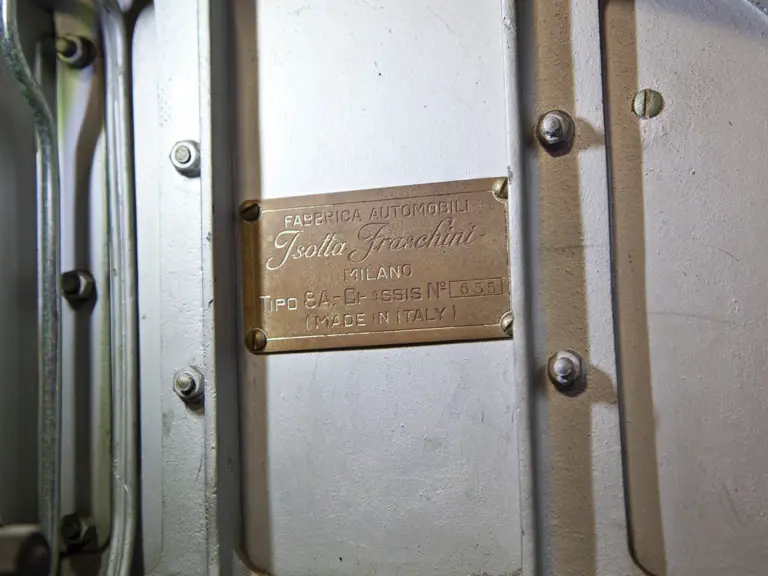
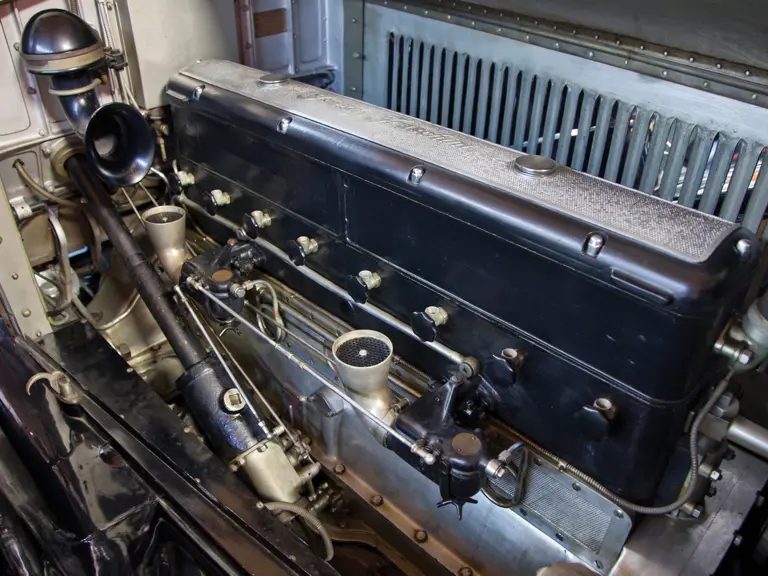
 | Phoenix, Arizona
| Phoenix, Arizona
